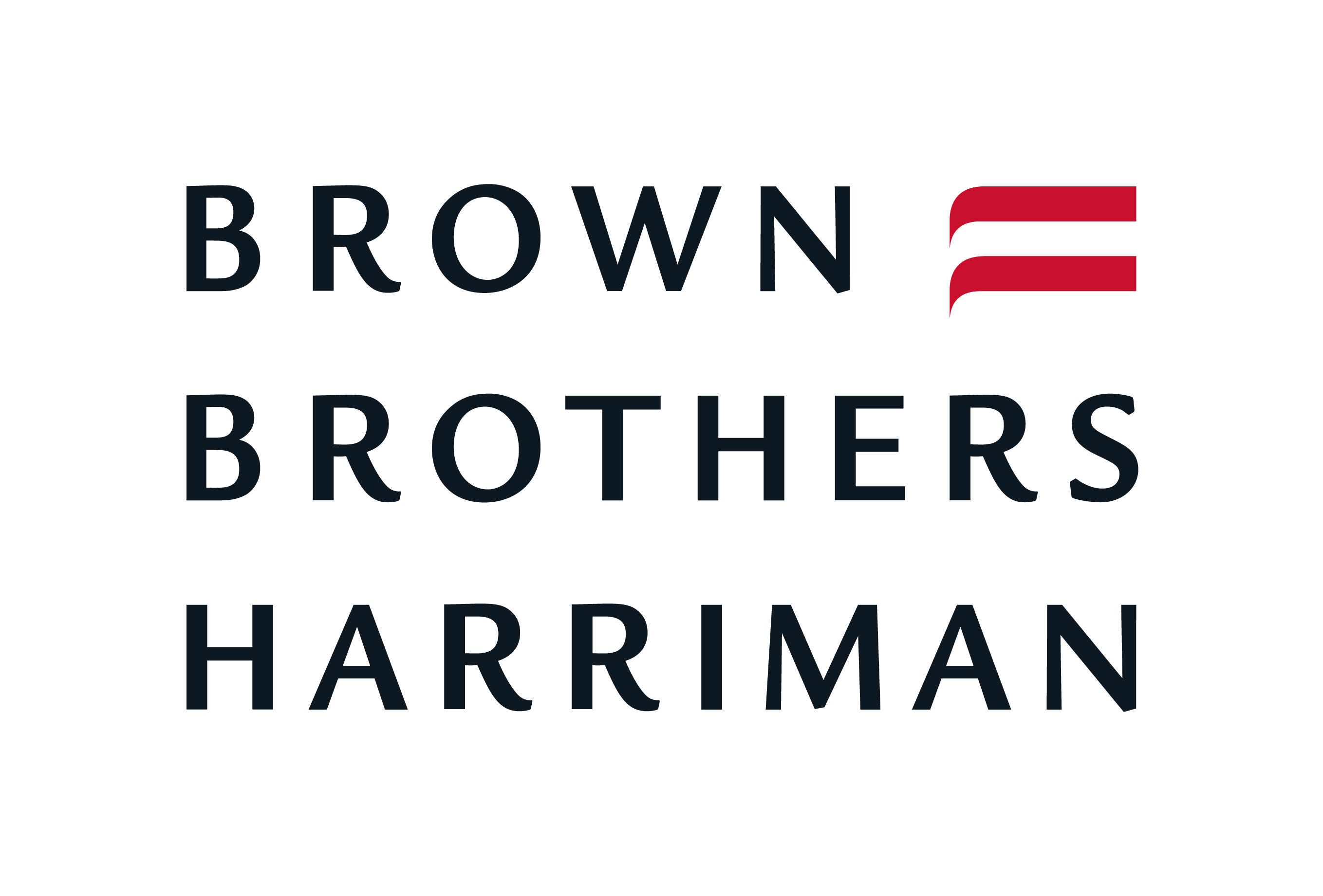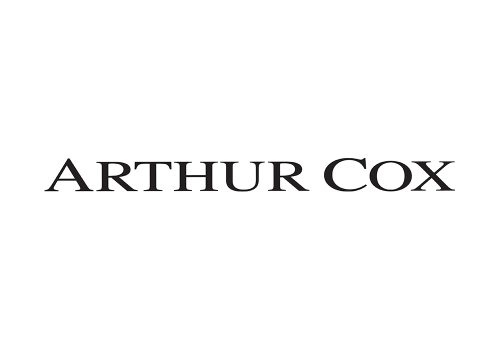Central Bank of Ireland (CBI) plans to update its UCITS Q&A will make it “more realistic” for mutual managers looking to enter the ETF market by launching listed share classes of existing Irish domiciled funds, rather than having to build a separate platform for their ETF offering.
At an event hosted by Vanguard and Arthur Cox on Thursday, CBI deputy governor Derville Rowland said the regulator had listened to industry feedback and engaged with other European regulators.
“As a result, we will be converging our approach with other fund domiciles and will shortly update our UCITS Q&As to clarify the position,” Rowland said.
“In future, the UCITS ETF identifier can be included at the level of a sub-fund or a share class. This will provide greater clarity for fund managers and investors, particularly where the fund has both listed and unlisted share classes.”
Although fund promoters can already launch listed and unlisted share classes within their Irish Collective Asset management Vehicle (ICAV), the option to do so has not been exercised by any large asset manager except for HSBC Asset Management last year.
This owes to the CBI’s interpretation of a European Securities and Markets Association (ESMA) naming convention introduced in 2012. This forces fund managers to rename an entire sub-fund to include the ‘UCITS ETF’ moniker if they launch an ETF share class, even if most of a fund’s share classes are unlisted and house the lion’s share of assets under management (AUM).
The CBI’s reading of ESMA’s naming rule has been to its detriment, with the Commission de Surveillance du Secteur Financier’s (CSSF’s) more lenient stance only requiring the ‘UCITS ETF’ identifier to be used on the ETF share classes of sub-funds domiciled in Luxembourg.
This, along with the CSSF’s more relaxed approach to UCITS eligible assets, saw the country welcome Europe’s first collateralised loan obligation (CLO) ETF – the Fair Oaks AAA CLO UCITS ETF (FAAA) – as a share class of the firm’s existing CLO active fund.
‘Very positive, long anticipated and greatly welcomed’
Following Thursday’s announcement, Catharine Dwyer, firm authorisations and complex product advisor at the CBI, commented on Linkedin: “This is a significant development which will converge the approach to ETF naming conventions in Europe and reduce the potential for investor confusion where a fund contains a mix of listed and unlisted share classes.”
Unsurprisingly, the CBI’s stance change has been met by roaring approval by service providers and lawyers in Ireland.
Adrian Whelan, global head of market intelligence at Brown Brothers Harriman, told ETF Stream the update was “obviously very positive, long anticipated and greatly welcomed news.”
“This levels the playing field for UCITS and UCITS ETFs in Ireland vis a vis other domiciles, notably Luxembourg and I would expect that several UCITS mutual funds will now look to add an ETF share class to their repertoire.
“Many had been mulling over whether or not to go the whole hog and launch an ETF range as well as the mutual fund range, so this additional optionality is positive for both new entrants and existing UCITS participants in Ireland, but ultimately is a better outcome for investor choice.”
Agreeing, Stephanie Hanrahan, senior associate at Arthur Cox, described the development as “very positive” and aligns Ireland’s approach with other European jurisdictions.
“This change will allow managers managing mutual funds domiciled in Ireland to consider the introduction of ETF share classes without the need to consider the impact of changing the fund’s name,” Hanrahan added.
Stephen Carson, partner at A&L Goodbody, added: “This has been a sticking point, it has been great to go out to clients and give them this update. We obviously have to see exactly what the UCITS Q&A update looks like, but it is definitely a step in the right direction.”
Why do fund managers want ETF share classes?
Carson continued by noting an ETF share class of an existing mutual fund – as opposed to launching a separate ETF platform – enables fund managers to benefit from the scale they have in the existing fund, making the idea of entering ETFs “more palatable”.
“This makes it a much more realistic prospect for fund managers looking to enter ETFs through this channel, but it is hard to say how advanced managers’ plans are in this context.
“But, there are a number who would have seen this as a barrier, so it will certainly help these managers include this within their range of available options for entering the ETF market.”
Hazel Doyle, partner at K&L Gates, said launching ETF share classes comes with its own complexities, but also potentially “huge benefits” including speed to market, scale, reduced or shared costs and new distribution channels for asset managers.
While noting enthusiasm for listed and unlisted share classes in the US following the expiry of Vanguard’s patent – with 26 managers having filed with the Securities and Exchange Commission (SEC) – Doyle cautioned managers looking at ETF share classes must consider factors “including operational framework, investment management and importantly tax implications”.
Final word
While nuances surrounding operational teething issues and how the preferential tax treatment of Irish domiciled ETFs might face question marks as the listed share class discussion gathers traction, the industry in Ireland is in unison: a new door has opened for legacy fund managers to enter Europe’s fastest growing fund structure.








